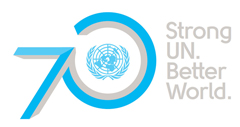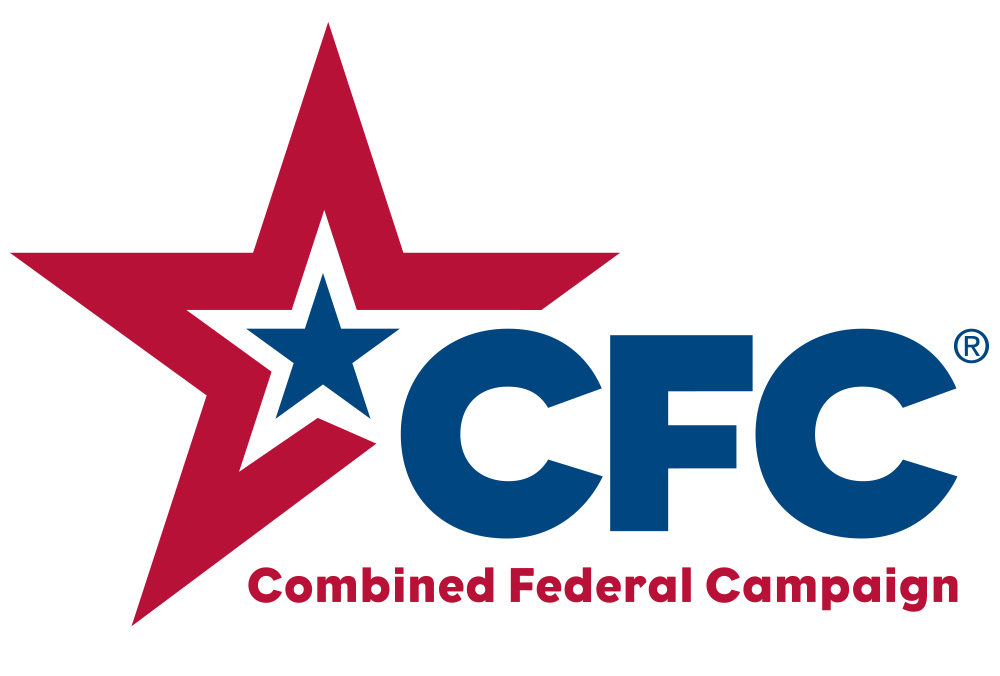More than 100 people convened for a screening of the film “Sold,” which tells the story of a Nepalese girl who is sold into a brothel in India.
The movie is based on true accounts of child trafficking.
The film’s screening, at Regal Hollywood Stadium 14, was organized by Washburn Law student Heather Davis. In addition to studying law, Davis is a flight attendant. She got involved with Airline Ambassadors International and trains others in the travel industry to recognize signs of trafficking and report potential cases. Some of those warning flags include children who don’t know where they are traveling to, being accompanied by someone who is overly controlling or doesn’t let them answer questions and children who may be dressed inappropriately for where they are traveling to. Another sign is tattoos or branding, Davis said.
Human trafficking is the second largest criminal enterprise in the world after drugs, Davis said. And it’s happening locally. Runaways and children who are neglected or abused are most at risk, Davis said.
Steve Spyres, a social work educator in Topeka, said it is a big issue for those in his field and it is important to be able to identify signs of trafficking. Another attendee, Chris Moody, works in a pediatric practice. She said it was important to be up on the issue and to be able to educate others.
“I think it’s definitely an underestimated issue. People don’t realize the relevance or severity, internationally or domestically,” said Washburn Law student Lauren Wright.
She added that trafficking is a human rights and national security issue and it is important to raise awareness.
Washburn Law’s Children and Family Law Center and the Excellence in Advocacy Center co-sponsored the event.
On Thursday, the Kansas Attorney General’s Office announced the YWCA Center for Safety and Empowerment was a recipient of a $65,591 grant to help victims of human trafficking.









